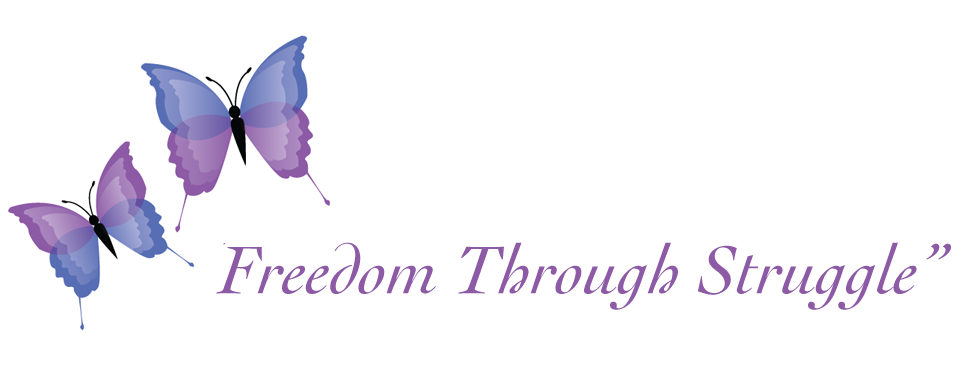Hope for Recovery from Trauma
When did it start?
Trauma can happen at any time in the life span – right from conception. It may be that the circumstances of a person’s conception were traumatic – perhaps they were conceived as a result of a rape or unplanned pregnancy. Perhaps the parents are unable to cope due to their own difficulties.
This can lead to feelings of abandonment or rejection for the child. A sense of ‘being a problem’ or ‘being the problem.’ If that child is not nurtured emotionally as well as physically they may internalise their distress as their cries for love and attention go unheeded.
Trying to establish relationships
At school that child may make themselves invisible to ‘avoid rejection’ or they may go out of their way to ‘people please’ to try and make friends and be accepted. All people have a profound need to belong. Not belonging causes people to feel unsafe. A child who has not been accepted may have difficulty in establishing boundaries and being able to distinguish between a healthy relationship and an unhealthy one. They may attach with such intensity that it makes other people feel suffocated.
Romantic relationships
These can be problematic as the now developing adult unconsciously tries to find someone to ‘look after them.’ Conversely they may try and find someone that they ‘can look after.’ This can lead to a sense of powerlessness and being vulnerable to abuse including control by others. At the same time as that adult yearns for connection, they also fear it because they have been rejected by significant attachment figures in the past.
Disconnection from Self
Sometimes trauma can lead to a sense of disconnection from oneself. This can present as a seeming inability to name emotions. It may be that the unnamed emotions are being held in the body – perhaps manifesting as headaches, stomach aches, tightness in the chest, teeth grinding to name just a few somatic presentations.
Breaking the Cycle
When people who have experienced trauma come to therapy it can be difficult to share the story of their past for many reasons. These can include a sense of shame and a sense that the rejection must be their fault. There can also be a dismissal of the childhood experiences as irrelevant and distress about ‘not living in the past’ or ‘not having moved on’. I would describe this as a sense of feeling stuck. It is possible to break the cycle of trauma even when it has been passed down through several generations.
Finding supportive help
Healing for trauma needs to happen in a professional supportive relationship. That is not to say that loving family and friends don’t have a part to play. However Counsellors are trained to walk alongside and work alongside those who are in distress, being mindful of the pace of the walk and work. Sometimes it can feel as though it is going backwards or sideways and we can wonder which way is forward. Compassion is absolutely crucial. Often people who have been traumatised have not learnt how to be compassionate to themselves. This is something which is vital to learn. They may have a narrative of ‘it was my fault’ ‘ I should have tried harder’ ‘there must be something wrong with me.’
I passionately believe in post-traumatic growth because I have had the enormous privilege of seeing the broken-hearted heal and go on to fulfill their potential with renewed hope and vision. Emotional wounds take time to heal. Sometimes too there are physical wounds from trauma which take time to heal. There will be internal and external scars but there will also be new growth. I believe that part of my job is to hold hope for people until they can fully take hold of it for themselves.
My job is to empower from the inside out – this can be really hard. Yet I have seen time and time again ‘all of a sudden’ moments when change becomes visible and the joy and peace that results from that.
In Conclusion
No matter when in the life span trauma has occurred healing is possible. It requires time and patience. My colleague Carolyn Spring says people need to be ‘seen, felt and heard.’ I concur wholeheartedly with her. Counselling is a collaborative work and we have an active role to play in establishing our recovery.

